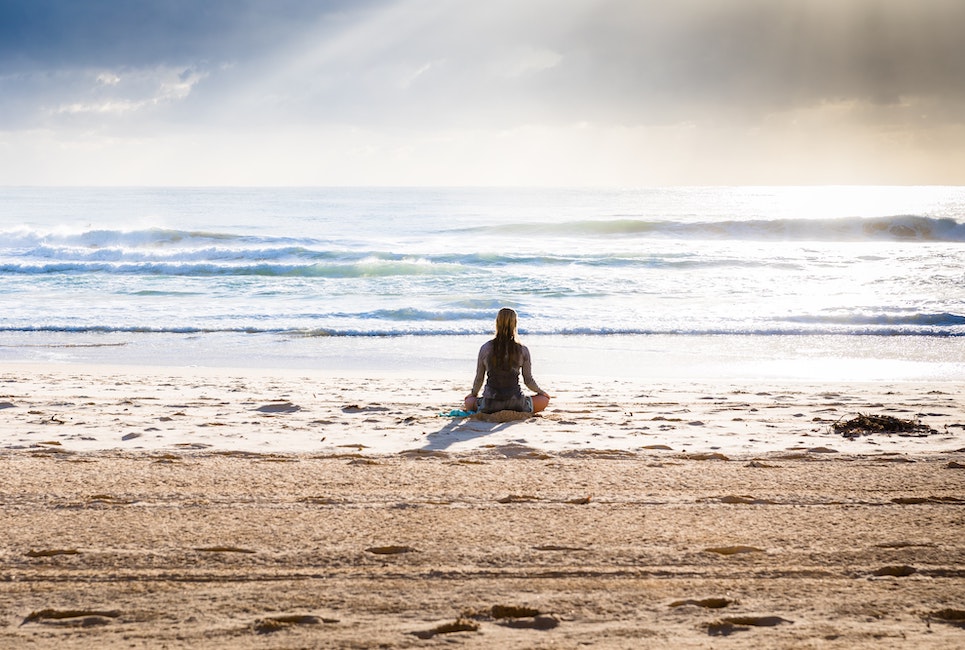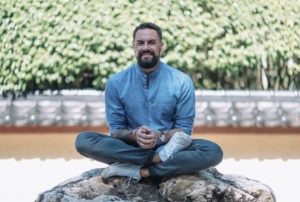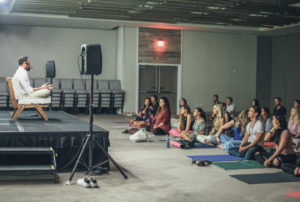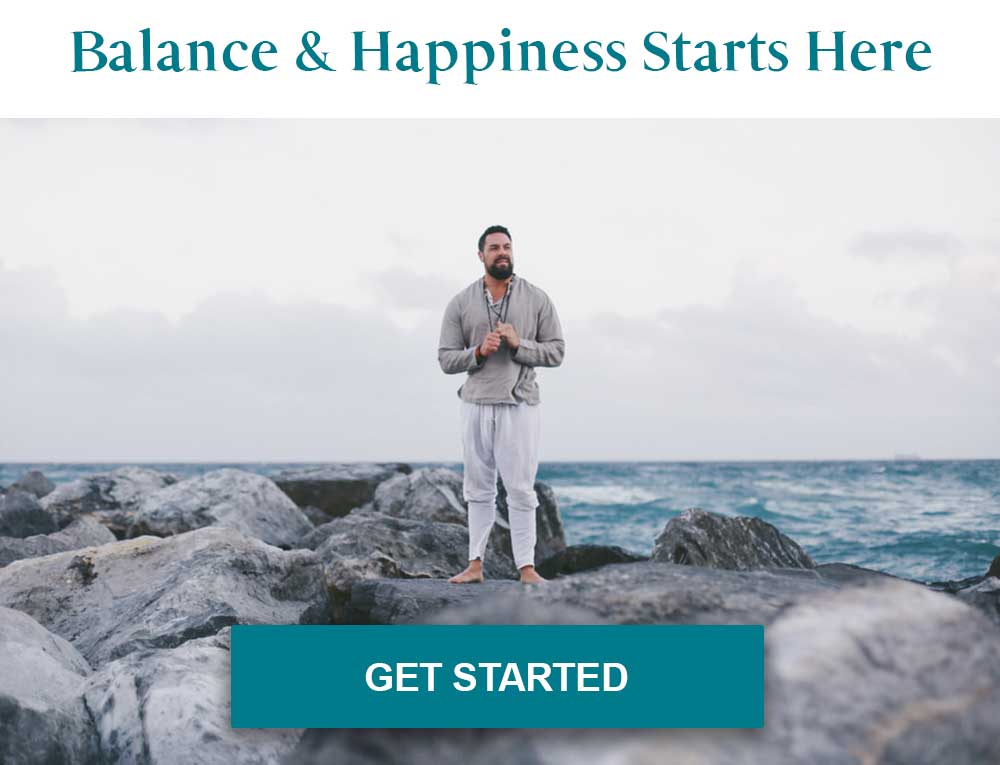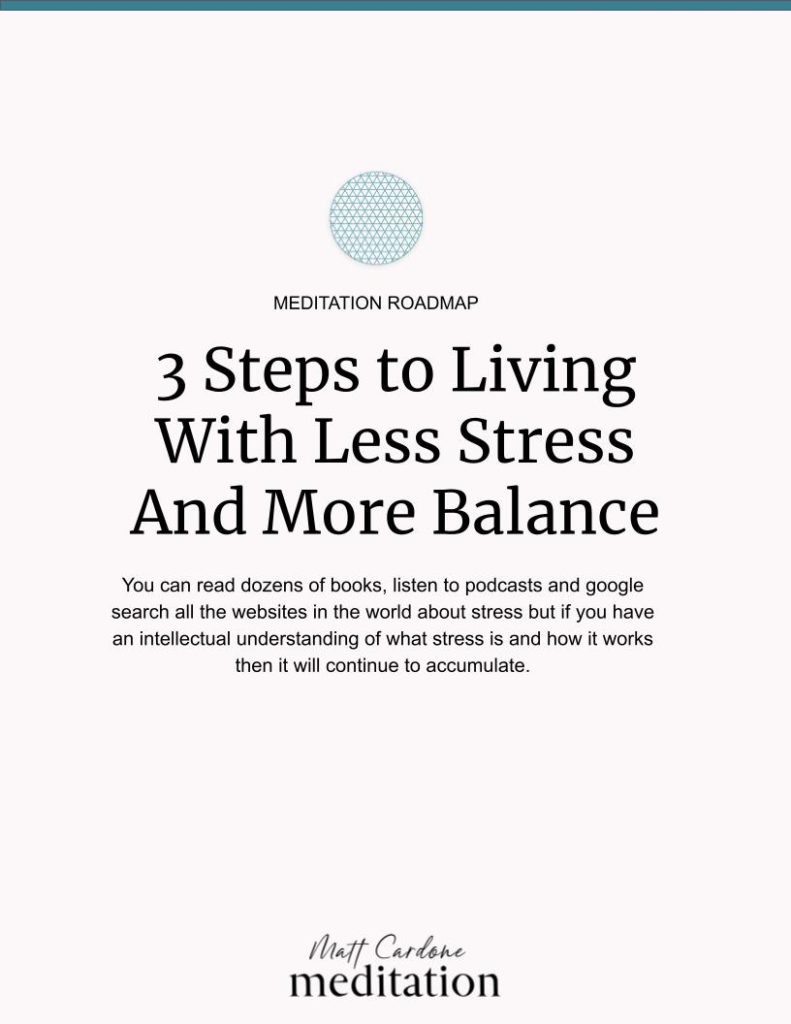We’ve all experienced pressure.
Pressure, defined as “the continuous physical force exerted on or against an object by something in contact with it,” and it manifests in our lives from expectations. These can be expectations that you have for yourself, or expectations that a loved one, or family, or lifestyle may impose on you. Pressure exists in many parts of everyday life, often manifesting in areas like work or personal life. You feel pressure at work, pressure to meet the standards in a company or organization, and pressure to exceed those standards and obtain a raise or promotion. Then you head home, and might feel the pressure of being a provider for yourself, a loved one, or a family.
What toll is this taking on you physically, mentally, and emotionally? Is the pressure affecting your body, and if so, how are you adapting to it? Have you done anything to self-correct, or are you simply allowing yourself to burn out, getting pulled underwater again and again?
How long can you hold your breath?
How are you currently handling pressure?
We as humans have an ability to stuff down or cover up the pressure or stress we feel. We do this by procrastinating, consuming prescription drugs, doing excessive exercise, or indulging on alcohol or other substances. However, those are quick fixes. They take you out of present moment awareness and momentarily allow you to escape the reality you’re currently in. Those outlets are fleeting — it’s not the external situation that we need to change, it’s our perception of the external. We are best able to relieve pressure, and stress, when we are rested.
Our bodies are built to relieve stress when we sleep. If your body is not sleeping effectively as it was designed to, you are not rejuvenating the way you are supposed to. This can cause stress to accumulate over time.
When is the last time you took a minute to close your eyes, and let your mind go? How would that feel? Do you feel many thoughts would come, do you fear you may not be able to adapt to those thoughts? If an exercise like this is uncomfortable for you, it’s likely because you’re not getting the rest you need. Rest is the antidote to stress, and one of the best ways to rest and dissolve stress is through meditation. Meditation allows an opportunity to rapidly release stress that’s been accumulating for long periods of time.
Performing a temperature check
Let’s take a quick temperature check, a quick 30-second pause. Hit play on the video below, close your eyes, and sit quietly for 30 seconds.
What did you notice? Was it busy, was it loud?
Many thoughts tend to rush in as soon as we quiet down the body and let the mind go. This means there’s stress that needs to come out. Sitting down quietly with yourself and allowing your body to address it, even if it’s uncomfortable, is necessary to allowing the stress to release from the system. There are several ways to go about this, but learning a simple mental technique of meditation could be something you do daily on your own.
Have you ever tried to meditate, only to fall asleep? This is a sign your body needs rest, and when it gets a chance it will do so. If you don’t have a regular meditation practice, everyone sleeps. How are you sleeping? Look not at how much sleep you’re getting, but how much rest you’re getting in that sleep. Are you feeling fatigued throughout the day? Are you having trouble falling asleep? Do you lie awake thinking about events of your day today or tomorrow? How many times do you hit the snooze button, are you reluctant to start the day?
These are all symptoms of the body not being able to accomplish the rest it needs. Your body wants to reset. It’s not possible to get more rest by taking an Ambien, you’re just sleeping more. The difference between sleep and rest is the amount of REM sleep you’re getting. When you have a lot of stress built up, in sleep you get little REM sleep, and your resting body is only able to address the top layers of stress, nothing of the deeper layers. Whereas in good sleep, you achieve more REM sleep, and you are able to release those deeper levels of stress.
What about motivation? Are you feeling motivated to do other tasks outside of work? What are your passions, are you creating space and time to be in the moment with your loved ones? How is your ability to adapt to daily situations? Lack of motivation can stem from lack of adaptation energy. Adaptation energy is a finite energy source for dealing with different types of stress. For example, using energy to deal with one type of stress, like staying up late, can lead to less energy for other things, like a workout. Think of adaptation energy like a bank balance of energy, and meditation as a way to add more energy to your balance, twice a day.
Handling pressure through meditation
A lot goes into building pressure and stress, but to effectively handle it, a regular meditation practice is key.
Regular practice allows you to attain the full benefits of meditation. For example, think of going to the gym. If you’re only going once a month, you’re not achieving the same results you could be achieving if you were to commit to going a few times a week. Meditation allows the body to release the stress that’s been stored, while at the same time getting more energy. With that, imagine the transformation that could take place in your everyday life, the highest version of Self, operating at its fullest potential.
Everyone has an idea of their highest version of themselves. What’s yours, and wouldn’t you like to be it?

